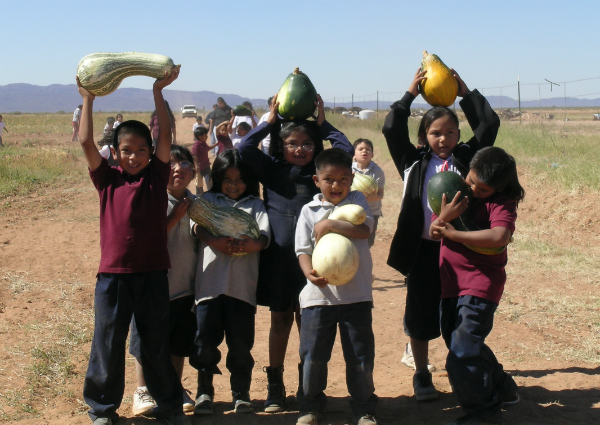Reflections On My Year As A Farm to School Fellow

By Ariel Bernstein, Farm to School and Education Fellow
I began my journey at the National Farm to School Network (NFSN) twelve months ago in June 2016, and this jam-packed year has flown by. I was placed at NFSN’s Washington, D.C. office through a fellowship with the Newman’s Own Foundation. The program recruits recent college graduates, creates a cohort, and places fellows at various non-profit organizations across the country for a year of valuable, real-world experience in the philanthropic sector. Though I knew I was interested in working in food systems, NFSN has opened my eyes to the expansiveness of the field, making it my most transformative experience yet. I never thought that all of the curriculum development and garden-based learning I initiated at a small elementary school during college would lead to me advocating for local food and healthy school meals at the national level. But, it did, and I could not be more thrilled by the direction my passions have taken me.
As the Farm to School and Education Fellow, my scope of work at NFSN has centered around education. I have rotated through the organization’s various teams, experiencing all of the moving pieces of pushing farm to school forward as a national movement. With the Communications Team, I created content for National Farm to School Month and learned how to strategically manage a national campaign and utilize communications to promote and advocate for a cause. With the Programs Team, I helped implement a new organizational structure of state and territory partners, teaching me how to create and maintain relationships with key stakeholders. I attended Capitol Hill and coalition meetings with the Policy Team, exposing me to the world of food and nutrition policy that I have developed a deep passion for. I created and updated NFSN signature resources (like the Benefits of Farm to School Fact Sheet and an ESSA Toolkit), and presented about them to national audiences. Throughout the year, I learned how teamwork and self-motivation are key ingredients for accomplishing our goals. Additionally, the Newman’s Own Foundation provided my cohort with numerous workshops and trainings on topics such as team-building, workplace behavior styles and career coaching. This further enhanced my personal growth and professional journey, and added value to the way I approached my work at NFSN.
While working at NFSN, I have seen first-hand how passion for food justice issues and farm to school, combined with tenacity and organization, can drive the coordination of a national movement that is growing exponentially and creating grassroots change across the country. Watching this has fueled my passion for this work and solidified my desire to continue advocating for local food, child nutrition, and other aspects of food systems reform. I never suspected I would want to stay in DC to work on food and nutrition policy, or go back school so soon to gain more insight on how to catalyze food system reform. But because of my time at NFSN, a new world has opened its arms and invited me in, and I finally feel like I know what I need to be doing.
As I reflect on my year’s work at NFSN, all of these things come to mind. I think about my jump from grassroots school garden work to national farm to school movement coordination. I think about knowledge I have gained and the learning process I have gone through. I think about the projects I have completed and how my work has impacted the organization. I think about the meetings I have attended and the connections I have made. Though my work has been varied and my takeaways are diverse, there is one thing that ties everything together, making it the most impactful part of my experience: the NFSN staff team. This team has given me knowledge in situations where I had room to grow, support when I needed lifting up, guidance when I felt lost, and humor when all I needed was a good laugh. It is this type of working environment that creates a productive, efficient and cohesive staff, and it has been an absolute honor to have been included in such a special team.
To the NFSN staff: I cannot thank you enough for inviting me into your work, and guiding me though this year and into my future. You are a team of passionate warriors fighting the good fight, and I can’t wait to see where your hard work will continue to take the farm to school movement!








